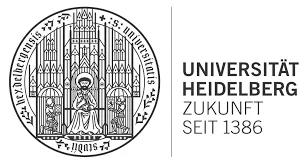

Exploring win-win Nature-based Solutions (NbS) to tackle pressing global health challenges:
climate change and pandemics
August 7 - 11, 2023 • Heidelberg University, Germany
An interdisciplinary summer school to equip early-career scientists and practitioners with the main concepts and methods of researching and implementing NbS, including: theory, study design, data and modelling, financing, determining value and implementation as well as their application to the converging global challenges: climate change and pandemics.
MSc. and PhD candidates as well as postdoctoral scientists and young researchers from a broad range of disciplines who have a strong motivation to apply NbS in their field of research or work.
In the 21st century, society faces multiple and highly interwoven global health challenges, linked to accelerating climate change, antimicrobial resistance, food and water insecurity, and an increasing number of infectious diseases. Threatening convergence, these health issues call for more effective and sustainable solutions to ensure that the global population continues to thrive. Scientists and researchers can massively contribute to discovering, co-designing, and evaluating these solutions.
In this context, Nature-based Solutions (NbS), while not yet commonplace, are increasingly gaining recognition alongside more conventional engineering solutions and healthcare interventions. The concept of NbS describes the innovative use of existing knowledge about natural systems to assist society in effectively addressing contemporary environmental, social and economic challenges while simultaneously providing ecological and health benefits. These win-win NbS include the management, restoration and protection of ecosystems, strategies for climate adaptation and mitigation and the greening of infrastructure.
The Summer School will explore the innovative potential of NbS to tackle two pressing global health challenges – climate change and pandemic prevention, which are highly interconnected and provide opportunities to design, apply and evaluate a range of win-win NbS to inform future policies based on scientific evidence.
The guest speakers will share their expertise and experience with the participants and will collaboratively work together on a capstone project, relevant to the development and presentation of a research project on NbS to tackle climate change and pandemics.The Summer School will promote interdisciplinary thinking and will encourage participants to bring examples of NbS beyond these two challenges for discussion to consider how to develop NbS that address concrete challenges and implement solutions in very diverse settings. As a result, the Summer School will allow participants to further connect, interact, and build a worthwhile network of expertise on NbS.
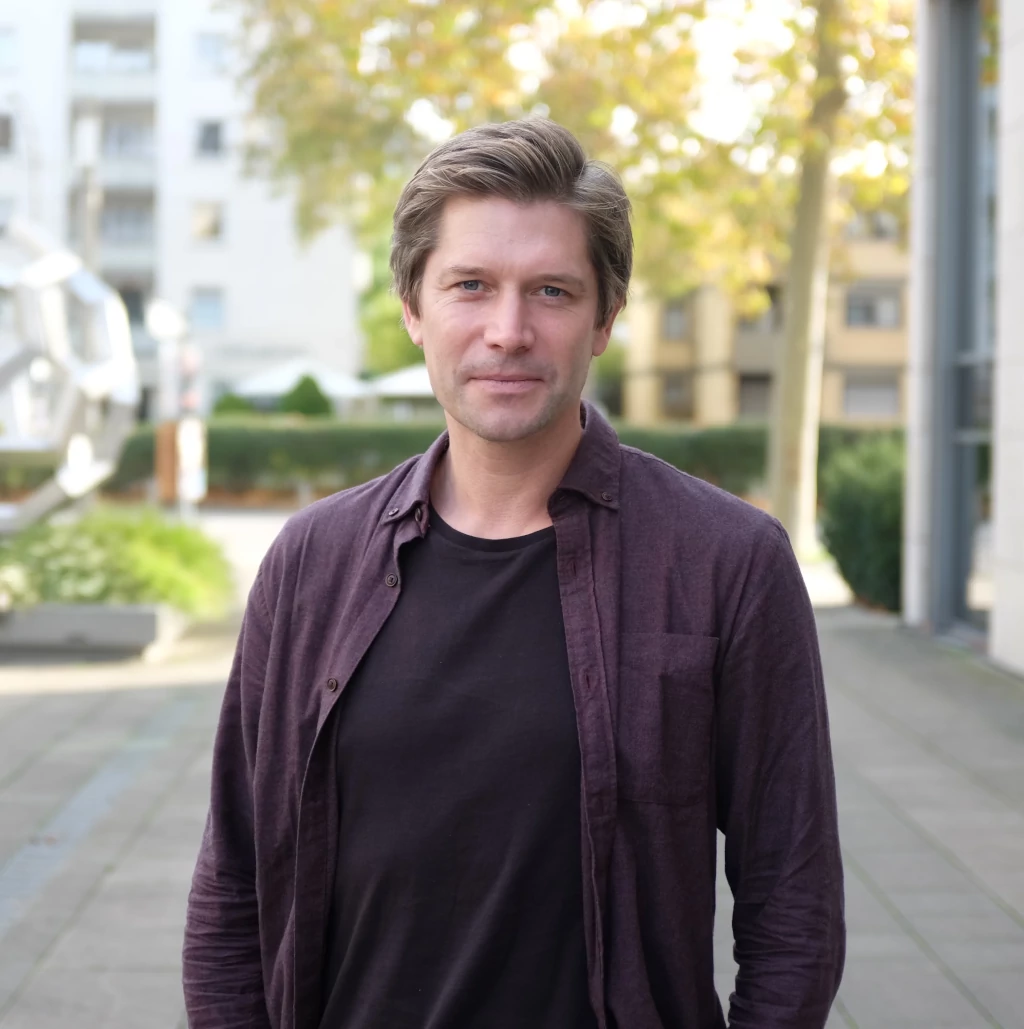
An epidemiologist, modeler and data scientist conducting interdisciplinary research within the field of climate change and infectious diseases, Heidelberg University and a Guest Professor at Umeå University in Sweden
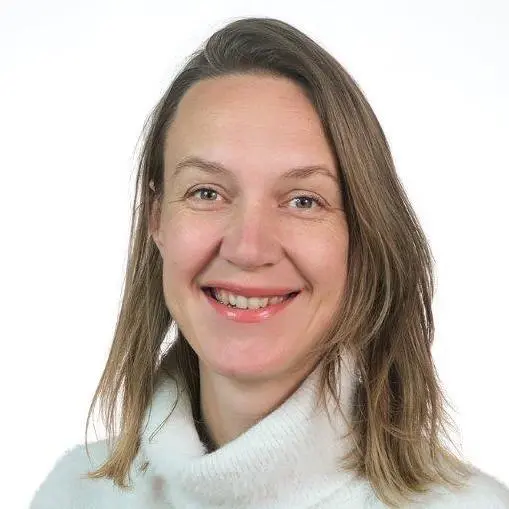
A veterinarian by background and is currently assistant professor at the Virology Department, Erasmus Medical Centre, Rotterdam, Netherlands
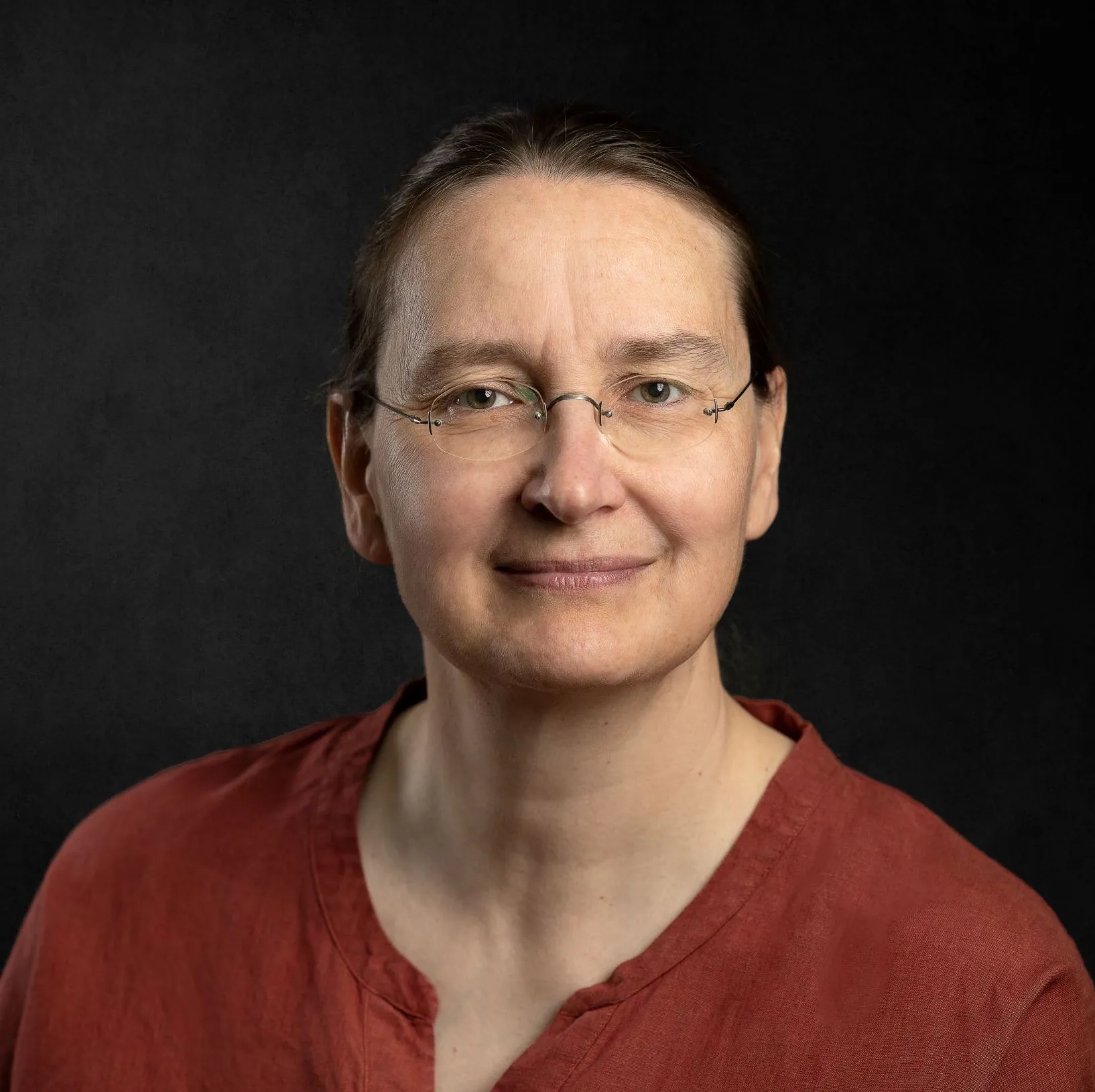
A Professor of Ecology at University of Helsinki, Finland. She is specializing in rodent ecology and disease ecology. With a focus on voles, lemmings, and beavers in Fennoscandia, she has dedicated over 20 years to studying population dynamics and landscape responses
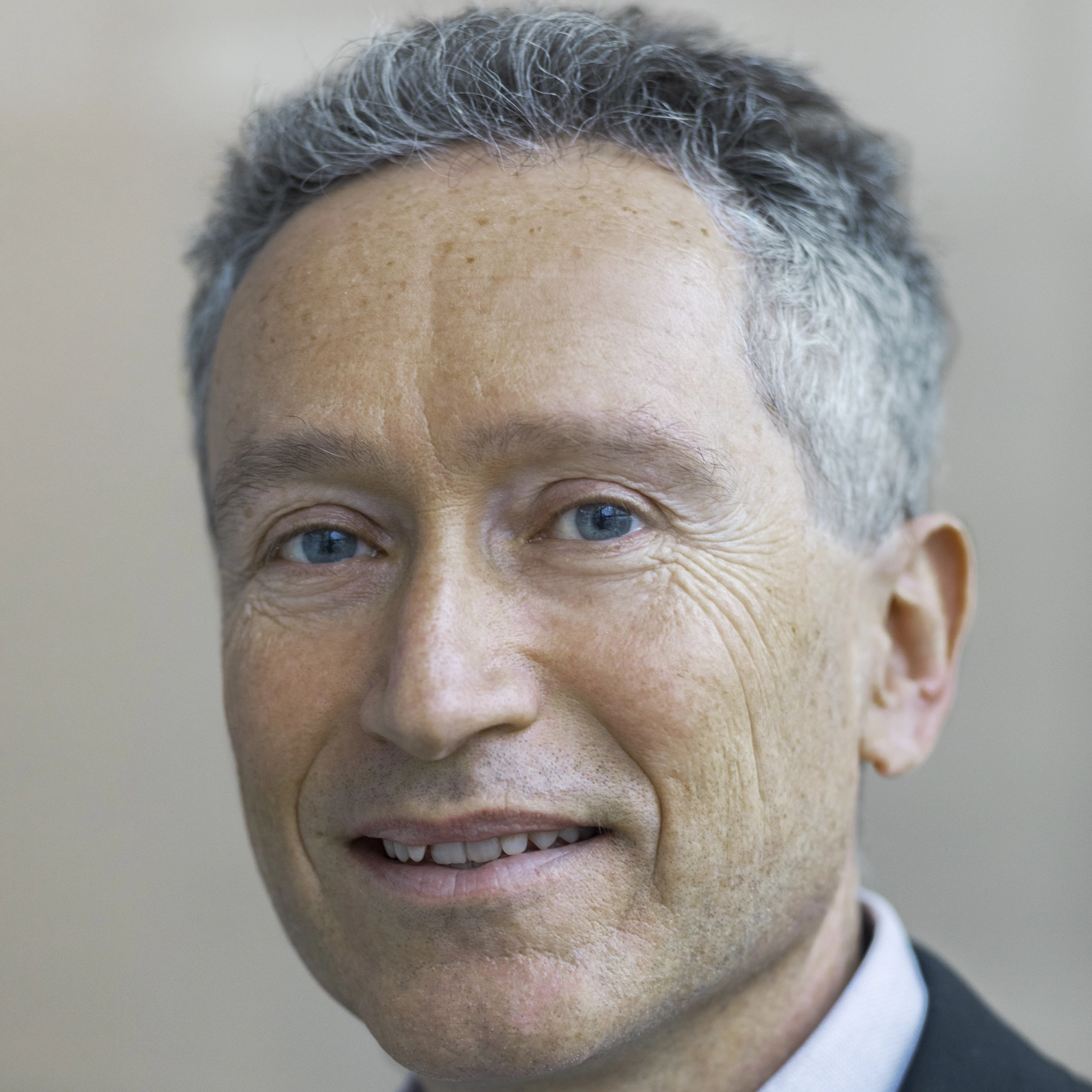
An environmental epidemiologist with research interests in climate change and public health. He is associated with the Department of Sustainable Health at Umeå University in Sweden and Heidelberg Institute of Global Health, at the University of Heidelberg in Germany
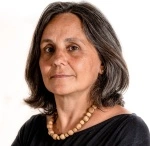
Department of Transfer and Capacity Building and leads the work on system dynamics modeling, Climate Service Center Germany. A visiting professor at the Polytechnic University of Valencia
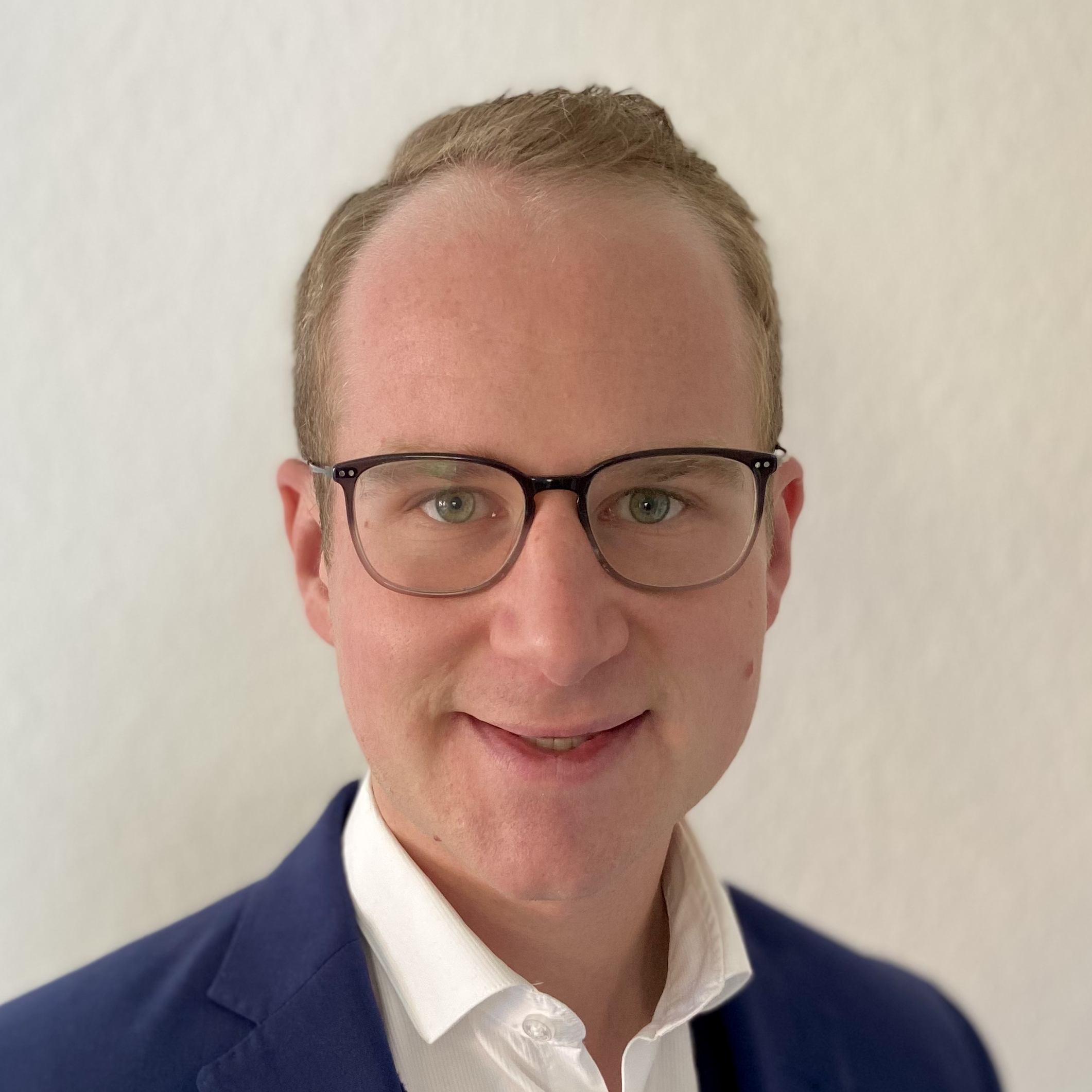
The Executive Manager of the Heidelberg Center for the Environment (HCE) at Heidelberg University and the CEO of Momentum Novum, a strategy consultancy for sustainable development
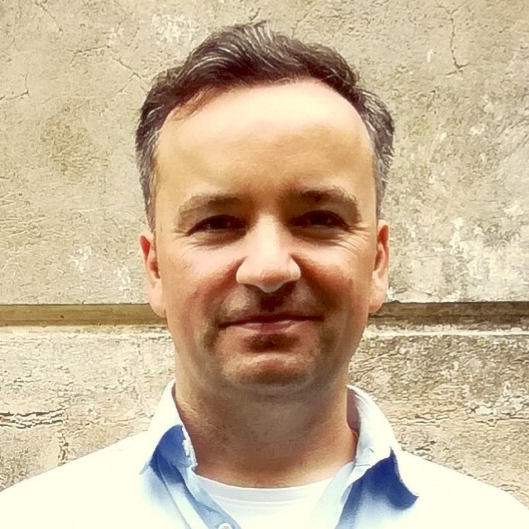
An Associate Professor of Anthropology at the Heidelberg Centre for Transcultural Studies (Germany) and chair-person of the German Association for Australian Studies (GASt)
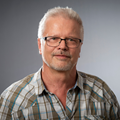
A prominent researcher in plant molecular physiology, is affiliated with the Centre for Organismal Studies at Heidelberg University. His work focuses on the molecular physiology of plants. Managing Director Heidelberg Center for the Environment (HCE), Heidelberg University
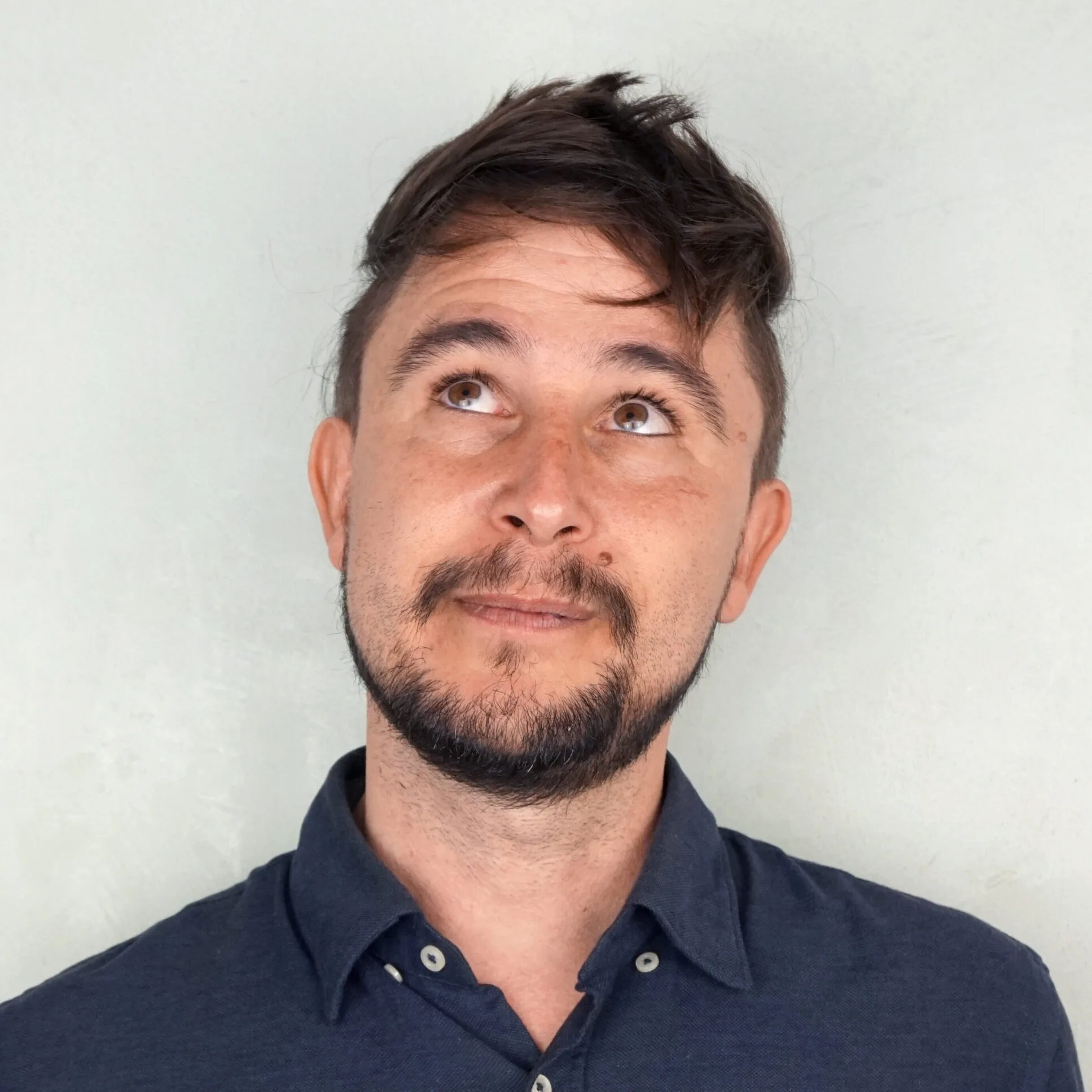
A researcher at Centre for Environmental and Aquatic Research of the Spanish National Research Council (CEAB-CSIC) and he is an integral part of the Mosquito Alert team draws from his extensive background in ecology and evolutionary science to contribute to research on community structure, the ecology of invasive species, and local adaptive mechanisms. Uppsala University, Sweden
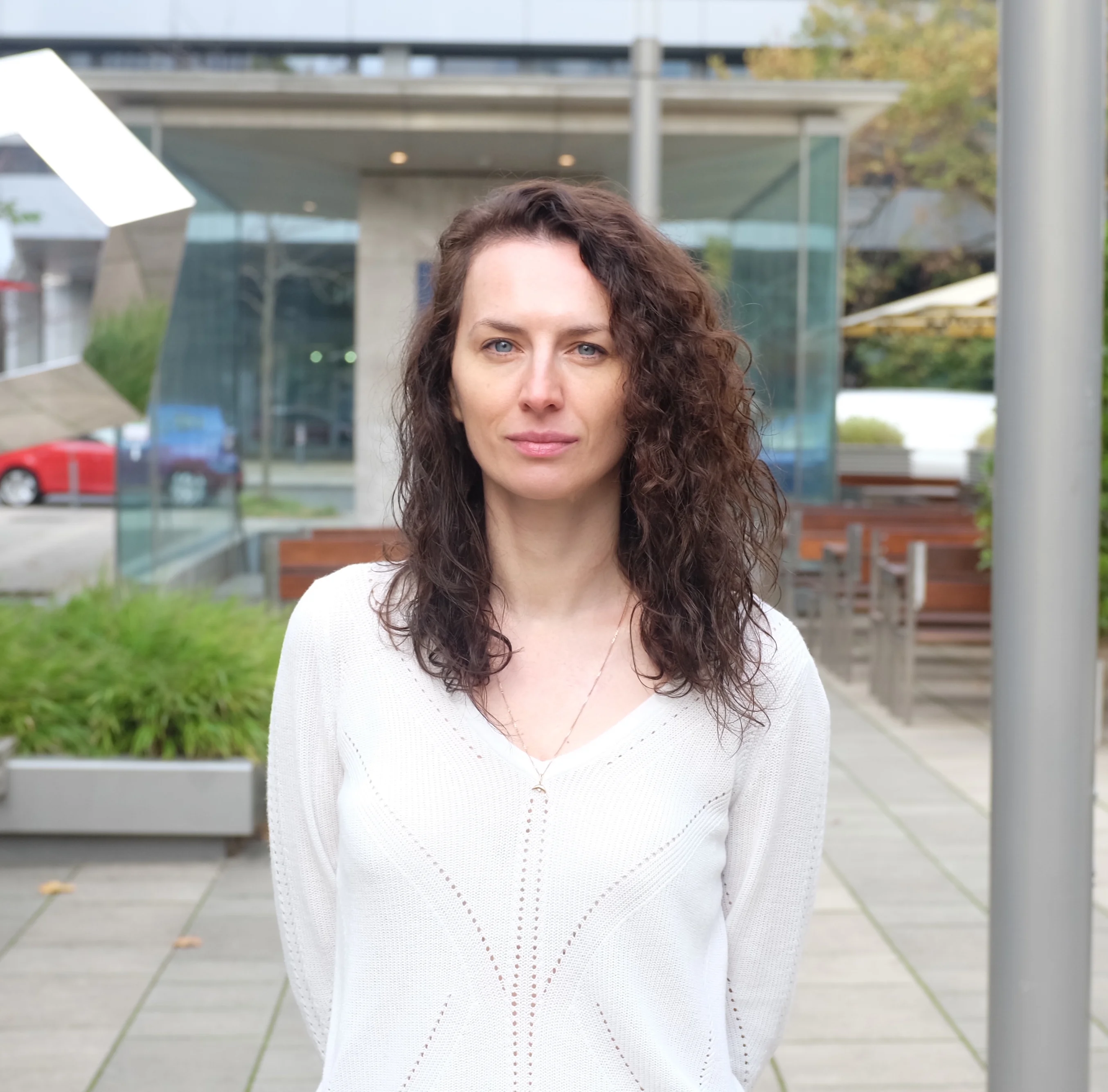
A junior group leader with a background in Health Economics, Biology, and Epidemiology. Her research focuses on the model-based evaluation of public health interventions, particularly in the context of changing climate and its impact on infectious diseases. Heidelberg University
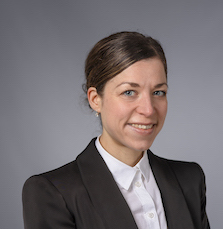
An interdisciplinary PostDoc fellow with a background in environmental health and economic assessments. Current project focuses on assessing the health and economic burden of heatwaves in Germany using machine learning methods. Heidelberg University and affiliated at Umeå University in Sweden
You can find the application form here. The applications will be reviewed and accepted on a rolling basis. We highly encourage potential applicates to apply well before the deadline, which has been extended to July 26th.
The participant fee is 150€. It will cover the course material, lunch and refreshments, transportation to the field trip and the official conference dinner. Participants are responsible for arranging and financing their travelling and accommodation.
The NbS Summer School 2023 will be possible thanks to the support from the Health + Life Science Alliance Heidelberg Mannheim and EU-funded projects BEPREP, PANDASIA, and IDAlert.
If
you are a student of a , you are eligible to apply for
the 4EU+ Stipend. This stipend is designed to provide up to €500 per
person financial support for accommodation and local costs in
Heidelberg, making your study experience even more rewarding and
accessible. To apply for the 4EU+ Stipend, we have created a separate
field in our application form where you can indicate your interest and
specify your university. This field allows us to streamline the process
and ensure that your application is considered for this opportunity. For
those specifically applying for the 4EUh Stipend, the application
deadline is 21.07.2023. For those specifically interested in the 4EUh
Stipend, please note that the application deadline is set for
21.07.2023. Make sure to submit your application before this date to be
considered for this particular stipend.
| Time slot | Session | Instructors |
|---|---|---|
| Monday 07.08.23 - Nature-based solutions for tackling global challenges | ||
| 08:30 - 09:00 | Registration and coffee | |
| 09:00 - 09:30 | Official opening. Introduction to the Nature-based Solution (NbS) Summer School | Joacim Rocklöv (IWR/HIGH) Thomas Rausch (HCE) Marina Treskova (IWR/HIGH) |
| 09:30 - 10:15 | Current trends in global challenges: Interconnections between climate change, biodiversity loss and pandemics. 45 min | Joacim Rocklöv (IWR/HIGH) |
| 10:15 - 10:45 | Coffee break and networking | |
| 10:45 - 12:00 | Theoretical background and conceptualization of NbS for global challenges and introduction to methods to study designs for evaluation of NbS. With a 5-min break | Marina Treskova (IWR/HIGH) |
| 12:00 - 13:00 | Lunch | |
| 13:00 - 14:00 | Developing NbS with nature: Multispecies ethnography and public engagement challenges. With a 5-min break | Carsten Wergin (HCE) |
| 14:00 - 17:00 | Field trip 1. Beaver ecology visiting the Roman city of Ladenburg | Frauke Ecke (University of Helsinki) |
| 19:00 - 21:00 | Reception. Finger food, drinks and networking | IWR. Common Room |
| Tuesday 08.08.23 - Field trip: ICYBAC GmbH | ||
| 08:30 - 12:00 | Field activity: Visiting the tiger mosquito control sites of ICYBAC GmbH. Meeting at 8.30 in IWR. Ground floor. Snacks will be provided | Selina Stöferle (ICYBAC GmbH) Carsten Wergin (HCE) |
| 12:00 - 14:00 | Lunch in the field and return to IWR | |
| 14:00 - 14:30 | Introduction to the Capstone project | Marina Treskova (IWR/HIGH) |
| 14:30 - 16:00 | Relevance of NbS for public health and climate change adaptation. Introduction to associated health co-benefits and disbenefits, and known pathways. With a 5 min break | Jan Semenza (Umeå University & HIGH/IWR) |
| 16:00 - open end | Coffee break and groupwork on the Capstone project | All |
| Wednesday 09.08.23 - One Health study designs for NbS | ||
| 09:00-10:30 | NbS within the urban context. Importance of planning, adaptive management and disservices. Online | María Mañez Costa (HEREON) |
| 10:30 - 11:00 | Coffee break and networking | |
| 11:00 - 12:30 | IDalert case studies examples in the Netherlands and Spain: Addressing the impacts of climate change on the emergence and spread of vector-borne diseases through the landscape and urban transformations, and citizen science | Reina S. Sikkema (Erasmus MC) Alex Richter (CEAB-CSIC) |
| 12:30 - 13:30 | Lunch | IWR Common Room |
| 13:30 - 15:00 | Ecological restoration, ecosystem-based solutions against zoonotic diseases and other ecosystem services | Frauke Ecke (University of Helsinki) |
| 15:00 - 15:30 | Coffee break and networking | |
| 15:30 - 16.15 | Soft-skils: How to pitch an NbS to decision-makers and give constructive feedback | Shannon McMahon-Roessle |
| 16:15 - 17:45 | Groupwork on the Capstone project | |
| 19:00 | Official Summer School dinner at Rossini. No dress code applied | |
| Thursday 10.08.23 - NbS and decision-making | ||
| 09:00 - 10:30 | Introduction to monitoring and evaluation of NbS. Using different sources of data and modeling methods, both statistical and mathematical, for assessing the NbS and designing the NbS indicators for monitoring and decision-making | Joacim Rocklöv (IWR/HIGH) |
| 10.30 - 11.00 | Coffee Break and Networking | |
| 11:00 - 12:30 | Connecting NbS to health outcomes. Integrative environmental health assessments, experimental and quasi-experimental designs for establishing the effects of NbS | Marina Treskova Hedi Kriit (IWR/HIGH) |
| 12.30 - 13.30 | Lunch | |
| 13:30 - 14:00 | Introduction to economic evaluation of NbS and importance for decision-making. Valuation of NbS outcomes. With a 10 min break | Hedi Kriit (IWR/HIGH) |
| 14:00 - 15:00 | Method of counterfactual analysis and scenario-based modelling of evaluation of Nbs. Implementation science to understand NbS performance | Marina Treskova Hedi Kriit (IWR/HIGH) |
| 15.00 - 15.30 | Coffee break and networking | |
| 15:30 - 16:30 | Positioning NbS within the broader sustainability concept from a political perspective. | Maximilian Jungmann (HCE) |
| 16.30 - 17.30 | Groupwork: Continuing with the Capstone project | |
| Friday 11.08.23 - Capstone project | ||
| 09:00 - 11:00 | Groupwork: Finalizing the Capstone project in the groups | Facilitators: Marina Treskova Hedi Kriit (IWR/HIGH) |
| 11.00 - 11.30 | Coffee break and networking | |
| 11:30 - 12:30 | Capstone projects: Interactive group role-plays | Review board: Joacim Rocklöv (IWR/HIGH) and students themselves to practice giving feedback |
| 12:30 - 13:30 | Lunch | |
| 13:30 - 16:00 | Capstone projects: Interactive group role-plays | |
| 16:30 - 17:00 | Closure of the summer school and goodbyes with coffee | |
For any questions regarding the Summer School, please contact:
mahir.bhatt(at)uni-heidelberg.de
stefanie.ahlborn(at)iwr.uni-heidelberg.de